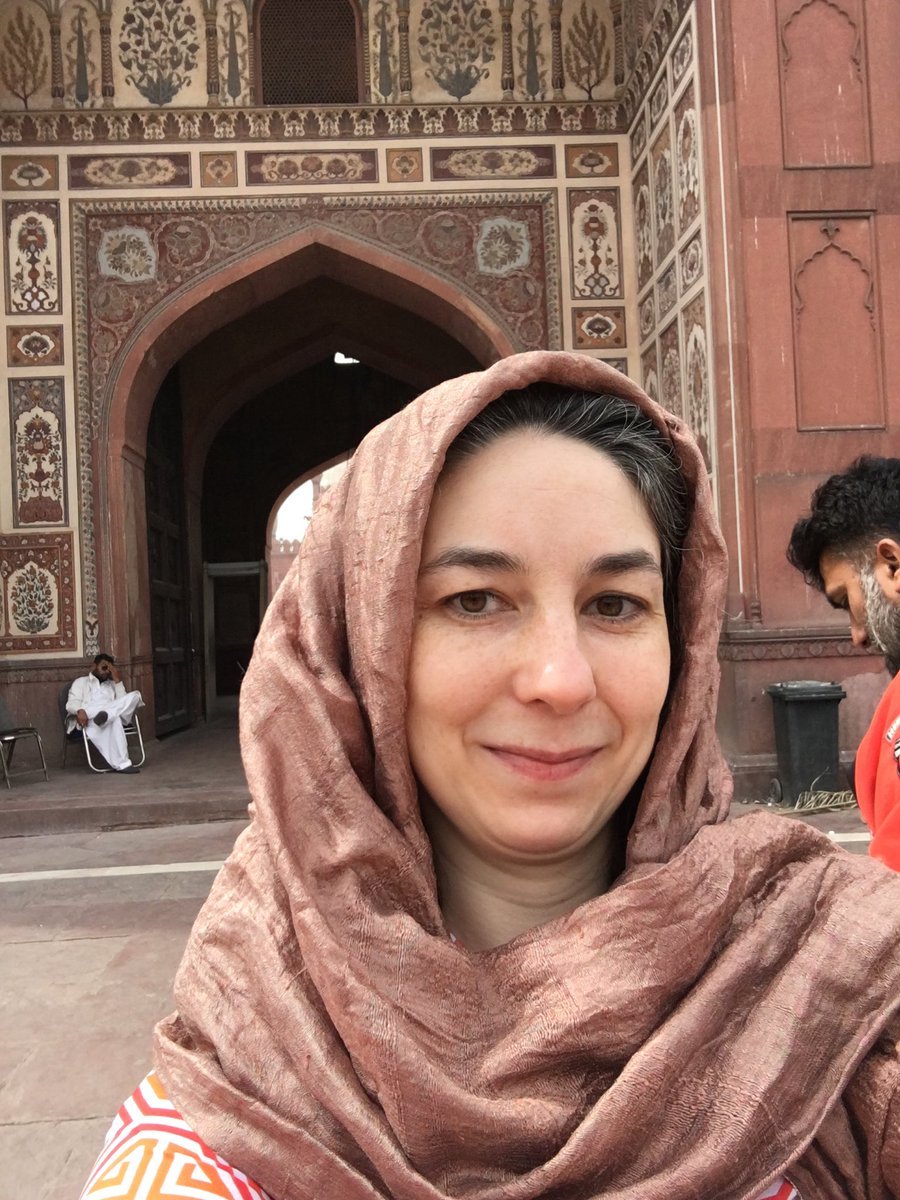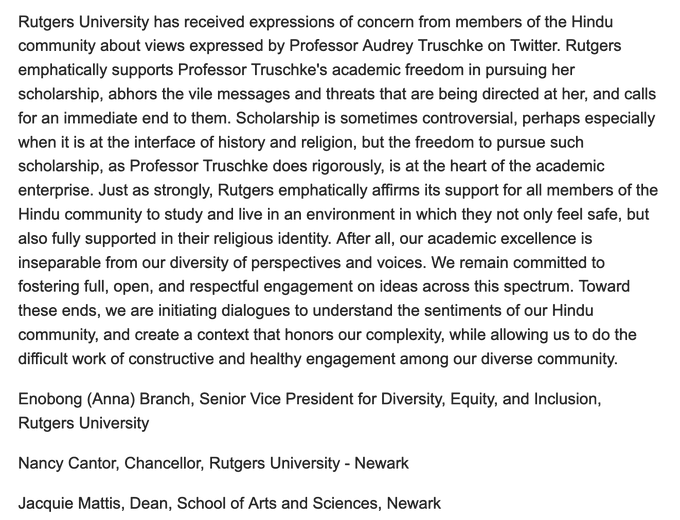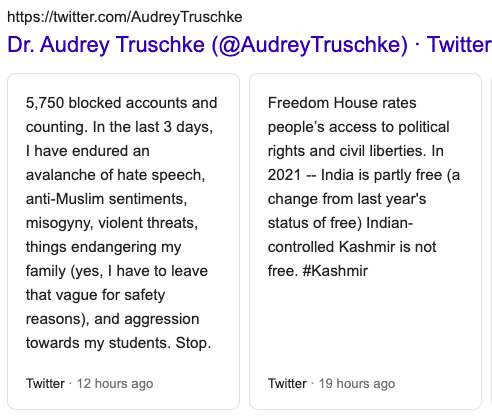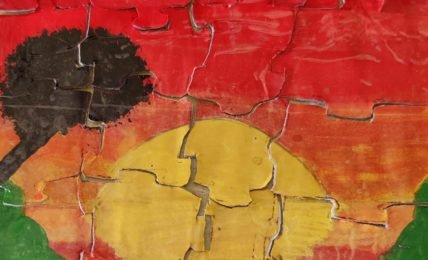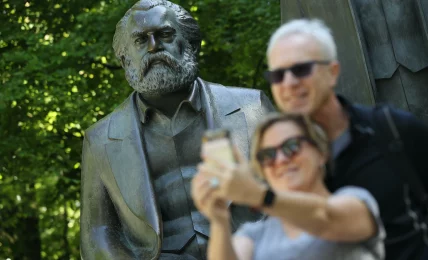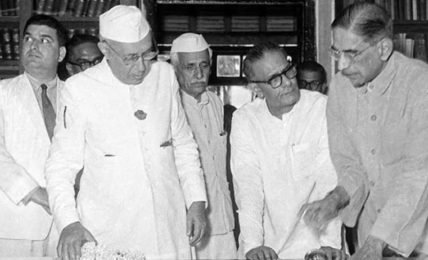The Holocaust Deniers of Rutgers University and the Need for anti-Hindu Ratings Scale
Rutgers University's statement on the recent Audrey Truschke controversy clearly establishes that the anti-Hindu bigotry is not a one-off exception but is an institutionalised hatred. All this makes one question why shouldn't these people be graded according to their anti-Hinduness and attempts be made to use it as a funding parameter.
